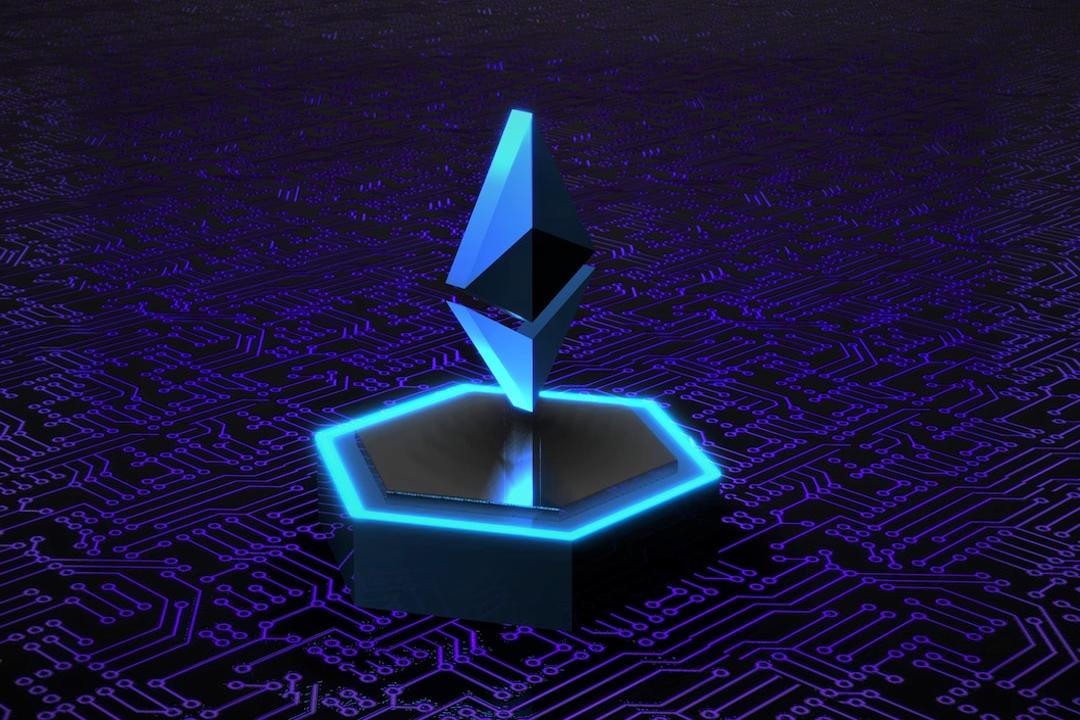Nvidia has reportedly inked a deal to implement its artificial intelligence (AI) technology in data centers owned by Qatar across various Middle Eastern countries.
In a report by Reuters on June 24, Aziz Aluthman Fakhroo, the CEO of Qatari telecom group Ooredoo, revealed that the deal will enable the company to become the first in the region to offer its clients direct access to Nvidia’s AI and graphics technology.
The telecom company serves clients in Qatar, Algeria, Tunisia, Oman, Kuwait and the Maldives. Fakhroo mentioned that this agreement will provide these clients with access that their competitors may not have for another 18 to 24 months.
While the specific Nvidia technology to be installed has not been disclosed, Nvidia will be setting up technology in Ooredoo’s data center based on customer demand and technology availability. The financial terms of the deal were not disclosed as well.
Ooredoo is planning to invest over $1 billion in its regional data center to increase its capacity by an additional 20-25 megawatts, in addition to the 40 MW it currently operates.
Fakhroo stated that by the end of the decade, the company aims to triple this capacity. Ronnie Vasishta, Nvidia’s senior vice president of telecom, mentioned that their technology will assist Ooredoo in better serving its clients by implementing generative AI applications.
The partnership between Ooredoo and Nvidia marks the AI chip manufacturer’s first major venture in a region that is subject to export restrictions imposed by the United States.
In August 2023, U.S. authorities extended export restrictions on high-level Nvidia AI chips to “some Middle Eastern countries” as part of their efforts to prevent Chinese companies from accessing the latest AI technology through intermediary countries.
This development comes after Nvidia surpassed Microsoft and Apple to become the world’s most valuable publicly traded company in June, boasting a market capitalization of around $3.34 trillion.
Nvidia is responsible for supplying nearly 80% of advanced AI semiconductor chips used in premium data centers globally.
In related news, a longevity expert predicts that AI will pave the way for humans to achieve “biological immortality” starting in 2030.

